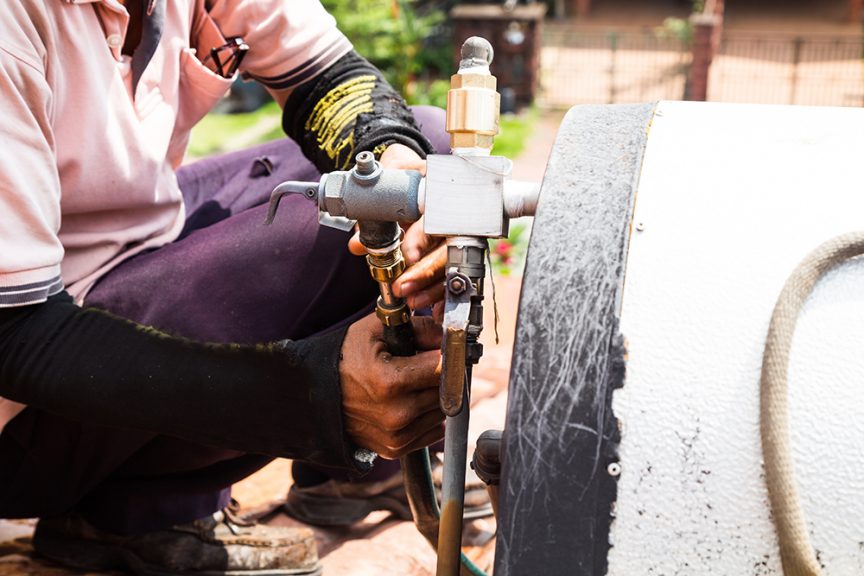Water professionals who visit residences and businesses to inspect them for water system trouble often carry with them a checklist that includes every inspection point that should be identified during the visit. In addition to this, there are equipment readings and water measurements that are often taken, and these are included as part of the overall inspection report. Today’s blog post explores in more detail the kinds of things a water technician will be on the lookout for if and when they visit your home or business.
Criteria: Source
- Where is the water coming from? Is it a standard, municipal supply or is it fed by a well or other source?
- What is the water quality like at the point it reaches the home/business? This is also known as the inlet water quality. Testing the water when it leaves a tap is known as outlet water quality.
- What are the turbidity, conductivity, and coliform testing results? These will be measured against ideal results.
Criteria: Processing/Treatment of Water On-Site
- What appliances or other equipment is using water to function? What are the manufacturer, model number, and apparent age? This includes washing machines, dishwashers, hot water heaters, evaporative coolers (also known as ‘swamp’ coolers), refrigerators and sprinkler systems.
- How is drinking water treated? Are there integrated filters? If so, what is the filter condition? Who is the manufacturer?
- If there is a pool on the property, what is the make and manufacturer of the pool pump, pool filters, and treatment chemicals? What is the condition of the pool water (if testable)?
Criteria: Water Use Metrics
- How much water is consumed by the building and those in it?
- Are current water costs reasonable or acceptable for the home or business owner?
- How much water could be saved by replacing inefficient appliances?
Criteria: Infrastructure Condition
- What is the condition of the plumbing within the building? Is the main line cleared and functioning properly? How old are the hot water service pipes and what condition are they in (corrosion can be a big problem).
- Are there any obvious leaks or mysterious pressure drops that occur during certain water use scenarios?
As you can see, there’s a lot to look for when inspecting residential water systems. Now that you know a little more about what a technician might look for during a visit, contact us to learn about how our water treatment solutions can help save you money and improve your overall quality of life. Contact us today!
Share this Post


